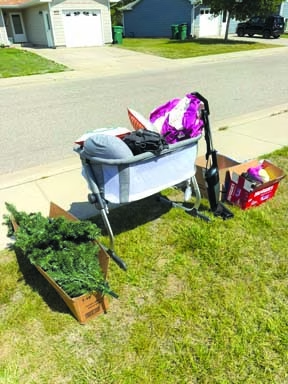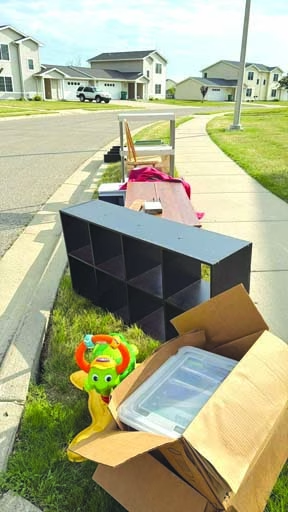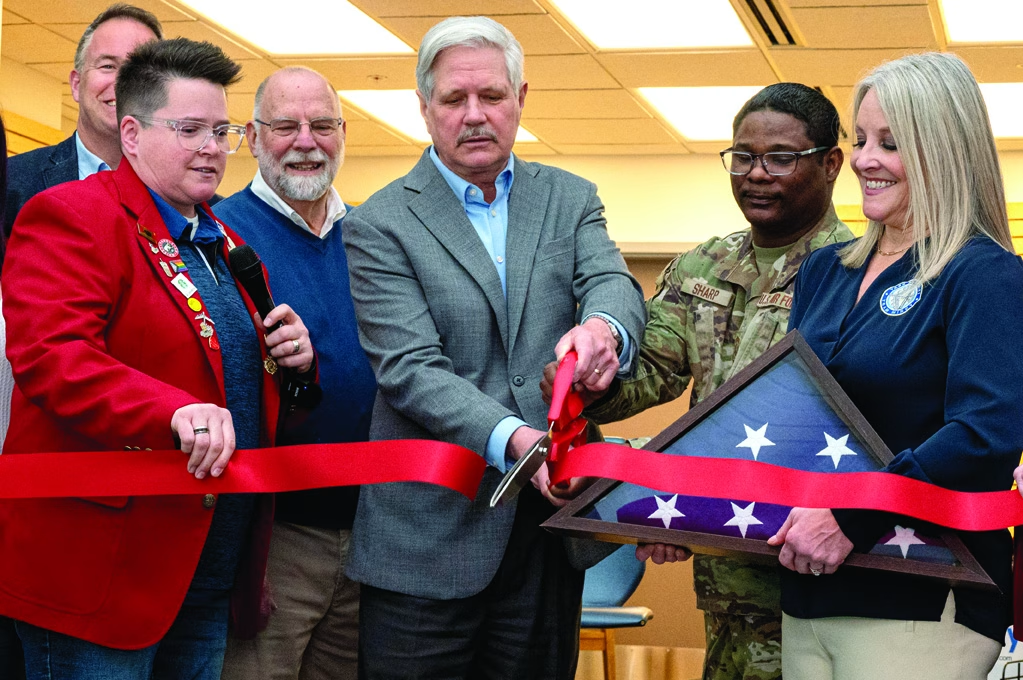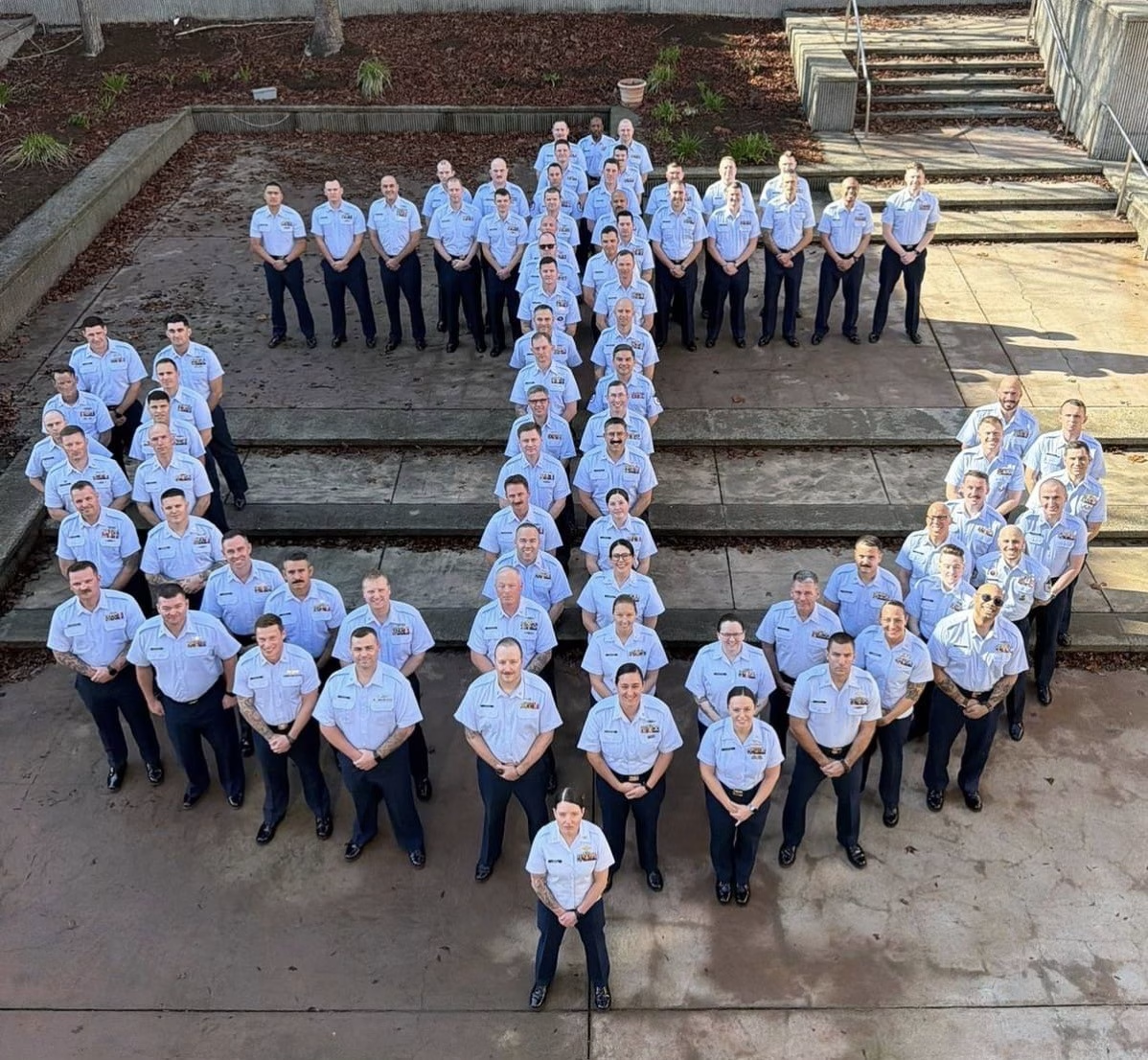With every move a military family makes, something gets left behind. Sometimes it’s friendships that feel more like family. Other times, it’s the comfort of a familiar neighborhood or the stability of a job or squadron that has helped them grow personally and professionally. But beyond the emotional and professional ties, there’s another constant in military moves that isn’t talked about enough: the stuff. The furniture, appliances, toys, clothes, and everyday household items, the very things that quietly mark the passing of each Permanent Change of Station (PCS).
Every spring and summer, military communities enter what is informally known as “PCS season”, the annual peak in service member relocations. During this time, base neighborhoods buzz with U-Hauls, moving trucks, farewell barbecues, and garage sales. But one less glamorous sign of transition stands quietly at the curb: piles of items labeled “free,” often posted online as a simple “Curb Alert.”
Curb alerts are an unspoken system within military communities, a way of letting others know that someone has left something behind that still has life in it. Maybe it’s a couch that won’t fit in with the new base housing layout. Maybe it’s a play kitchen that the kids have outgrown, or extra moving boxes and hangers. Whatever the reason, these items represent the physical residue of a life that’s about to move, again.
It’s a common assumption that military families accumulate too much. But that’s not always the full story.
The reality is that military families are constantly adapting to different homes, climates, and family needs. What fits in one house may not work in the next. Storage space can differ dramatically from one installation to another. A three-bedroom house in North Dakota may be replaced by a two-bedroom apartment in Virginia with half the closet space. Outdoor gear, snow equipment, or even furniture that made perfect sense at one duty station becomes obsolete or simply too cumbersome to take to the next.
For some, the PCS journey includes a transition out of military life entirely. As families prepare to enter civilian life, many want a clean break, letting go of not just their base IDs but the items that have followed them through years of deployments, late night, pack-outs, and temporary housing.
Military families live in a cycle of building up and letting go. It’s not just about physical items, it’s a mindset. The culture of curb alerts and giving things away is also a reflection of community and resilience. One family’s cast off bookshelf becomes another’s solution to a storage dilemma. A highchair left on the curb might make life a little easier for a new parent just arriving.
Though some may see it as a waste, in many ways it’s a form of resourcefulness and generosity, a way of making sure that nothing is truly wasted, even in a transient lifestyle.
In the end, it’s not just stuff, the things left behind during PCS tell stories. Stories of growing children, evolving careers, changing needs, and lives in motion. Military families may be constantly packing up and starting over, but in every community, they leave, they also leave behind a trail of shared experiences, and sometimes, a little something useful at the curb.
So next time you see a curb alert, know that it’s not just a free item, it’s part of a life that’s moving on.

Kaitlyn Ramos photo













